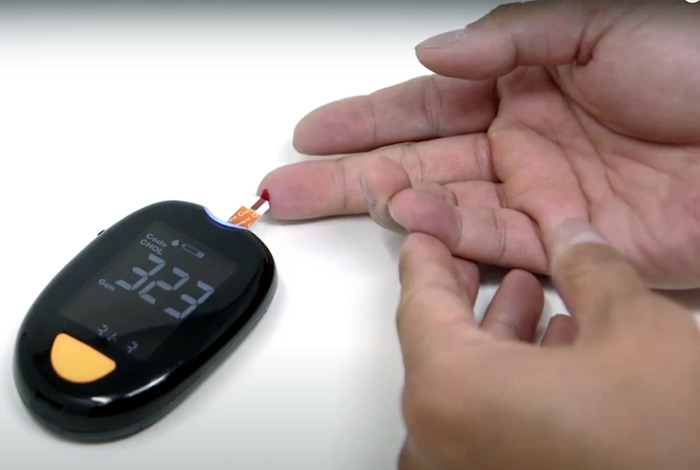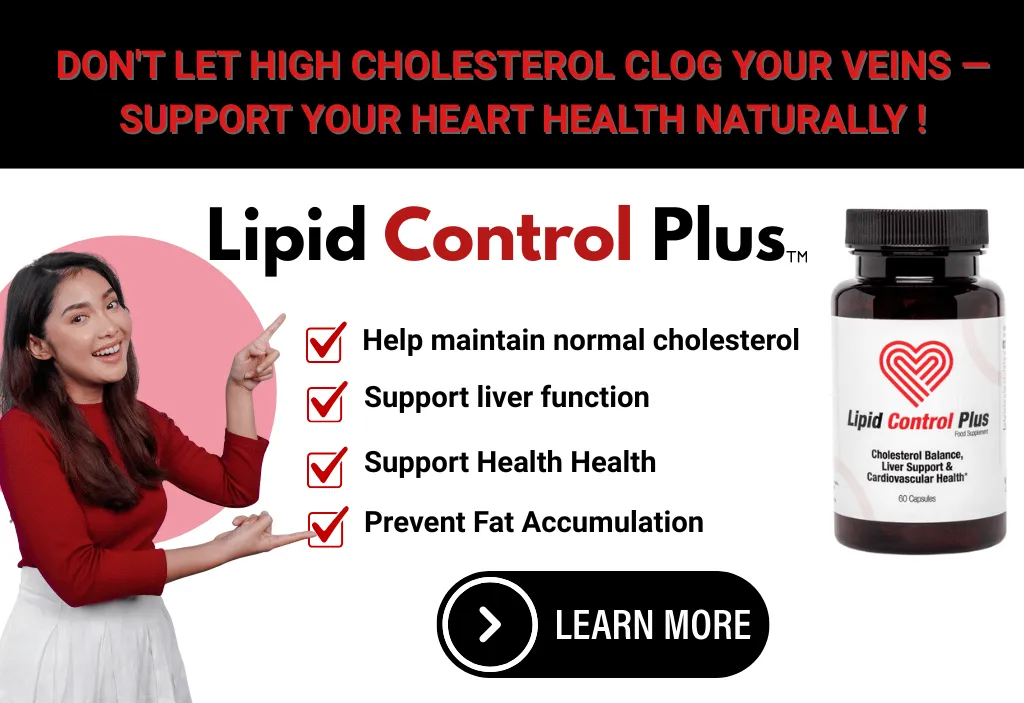Home cholesterol test kits have made it easier than ever to keep tabs on your heart health from your living room. But with so many options out there, picking the right cholesterol test kit for home can feel overwhelming. Don’t worry – I’ll walk you through everything you need to know.

Why Consider Testing Your Cholesterol at Home?
Let’s face it – making time for doctor’s appointments isn’t always easy. Plus, regular cholesterol monitoring is super important if you’re working on improving your heart health. Home testing gives you quick results without the hassle of scheduling appointments or sitting in waiting rooms.
Home cholesterol testing has some great perks:
- You can test whenever it’s convenient for you, even if that means Sunday morning in your pajamas
- Regular monitoring helps you see how lifestyle changes affect your levels
- You’ll save money compared to frequent lab visits
- Getting results right away lets you make faster decisions about your health
Can You Really Trust Home Cholesterol Tests?
This is probably your biggest question… are these tests actually accurate? The short answer is yes – but there’s a catch. You need to choose an FDA-approved test kit and follow the instructions carefully.
The best home cholesterol test kits use similar technology to what you’d find in a lab. While they might not be quite as precise as a full blood panel from your doctor, they’re definitely accurate enough to help you track trends and spot potential problems.
Types of Home Cholesterol Tests Available
Test Strips and Meters
These work similar to blood glucose monitors. You place a drop of blood on a test strip, insert it into the meter, and get your results in minutes. Most cholesterol meters measure total cholesterol, while some fancier ones can check HDL, LDL, and triglycerides too.
Complete Test Kits
These usually include everything you need:
- A lancet device for collecting blood
- Test strips
- A meter for reading results
- Alcohol swabs for cleaning your finger
- Detailed instructions
Mail-in Lab Tests
With these kits, you collect a small blood sample at home and mail it to a lab. You’ll get comprehensive results online in a few days. These tend to be more accurate but aren’t as instant as using a meter.
Top Features to Look for in a Home Cholesterol Test Kit
Accuracy
Look for kits with FDA approval – this means they’ve been tested and proven reliable. Check reviews from other users about their experiences comparing home results with lab tests.
Ease of Use
Nobody wants to struggle with complicated instructions or tiny blood samples. The best test kits have:
- Clear, step-by-step instructions
- Simple blood collection methods
- Easy-to-read displays
- Quick results
What It Measures
Basic kits only measure total cholesterol. More advanced options track:
- HDL (good) cholesterol
- LDL (bad) cholesterol
- Triglycerides
- Total cholesterol
Cost Considerations
Think about both the initial cost and ongoing expenses. You’ll need to buy:
- The meter (one-time cost)
- Test strips (ongoing)
- Lancets (ongoing)
Some kits are HSA/FSA eligible, which can help with the cost.
Using Your Home Cholesterol Test Kit Effectively
Best Practices for Accurate Results
- Test at the same time of day
- Fast for 12 hours before testing
- Clean your hands thoroughly
- Follow instructions exactly
- Store test strips properly
When to Test
Most people don’t need to test daily. Your doctor can help you decide on the right schedule, but monthly or quarterly testing is common for many people managing their cholesterol.
Understanding Your Results
Getting numbers is one thing – knowing what they mean is another. Here’s a quick guide:
Total Cholesterol:
- Below 200 mg/dL: Ideal
- 200-239 mg/dL: Borderline high
- 240+ mg/dL: High
HDL (Good) Cholesterol:
- 60+ mg/dL: Optimal
- Below 40 mg/dL: Too low
LDL (Bad) Cholesterol:
- Below 100 mg/dL: Optimal
- 100-129 mg/dL: Near optimal
- 130+ mg/dL: Borderline high to high
Natural Ways to Support Healthy Cholesterol
While home testing is great, it’s just one piece of the puzzle. Many people combine testing with natural supplements to support heart health. For example, many people advocate the Berbaprime supplement and essential oils also help maintain healthy cholesterol levels naturally. However, always chat with your doctor before starting any new supplement routine.
Popular Retailers and Their Options
CVS Cholesterol Test Kits
CVS offers several options, from basic test strips to complete monitoring systems. They often have their store brand plus national brands, giving you good price options.
Walgreens Cholesterol Test Kits
Walgreens carries similar options to CVS, with both basic and advanced testing kits. They frequently run sales and accept FSA/HSA payments.
Online Options
Amazon and other online retailers often have better prices and wider selection. Plus, you can easily compare reviews from other users.
Common Mistakes to Avoid When Using Home Test Kits
Not Following Instructions Properly
You might be tempted to skip reading the manual, but don’t! Each test kit works a bit differently. Taking shortcuts can mess up your results.
Using Expired Test Strips
Test strips don’t last forever. Check those expiration dates! Using old strips can give you wrong readings and unnecessary stress.
Testing at Random Times
Testing right after a big meal? That’s a no-no. Your results will be all over the place. Stick to a consistent testing schedule – preferably first thing in the morning before breakfast.
Poor Storage
Heat, humidity, and sunlight can damage your test strips. Keep them in their original container, tightly sealed, and stored in a cool, dry place. Your bathroom cabinet? Probably not the best spot!
When Should You See Your Doctor?
Home testing is fantastic, but it doesn’t replace professional medical care. Here’s when to book that doctor’s appointment:
- Your numbers are consistently high
- You see sudden big changes in your results
- You’re having trouble using your test kit
- You need help interpreting your results
- It’s time for your annual check-up
Remember – your home test kit is a tool for monitoring, not diagnosing. Any concerning results deserve a chat with your healthcare provider.
Smart Tips for Maintaining Healthy Cholesterol
Diet Matters
What you eat plays a huge role in your cholesterol levels. Focus on:
- Fiber-rich foods like oats and beans
- Healthy fats from nuts and avocados
- Lean proteins
- Colorful fruits and vegetables
Stay Active
Exercise isn’t just good for your waistline – it helps manage cholesterol too! Even a 30-minute daily walk can make a difference.
Track Your Progress
Keep a log of your test results, diet changes, and exercise routine. This info is gold when discussing your health with your doctor.
Latest Innovations in Home Cholesterol Testing
The world of home health monitoring keeps getting better. New technologies are making it easier than ever to track your cholesterol:
Smartphone Integration
Some newer meters connect to your phone, making it simple to log results and spot trends. You can even share data directly with your healthcare team.
Improved Accuracy
The latest test kits are getting closer to lab-level accuracy. Plus, they need smaller blood samples – good news if you’re not a fan of finger pricks!
All-in-One Systems
Newer monitors can test multiple markers from a single drop of blood. Some check cholesterol, blood sugar, and other important health indicators.
Frequently Asked Questions
How often should I test my cholesterol at home?
This depends on your health goals and doctor’s advice. Some people test monthly, others quarterly. If you’re trying new medications or making lifestyle changes, you might test more often.
Will my insurance cover home testing supplies?
Many insurance plans cover FDA-approved test kits. Check with your provider about coverage. Remember, FSA and HSA funds can usually be used for these supplies.
What’s the difference between fingerstick and venous blood tests?
Fingerstick tests (what you do at home) use a tiny drop of blood from your finger. Venous tests (done at labs) take blood from your arm. Lab tests are more comprehensive but home tests are great for regular monitoring.
Expert Recommendations
Healthcare professionals suggest these best practices:
- Start with a baseline lab test from your doctor
- Use home testing to track changes between check-ups
- Keep your doctor in the loop about your home testing routine
- Don’t make major health decisions based solely on home test results
- Combine testing with healthy lifestyle choices
Making Home Testing Part of Your Health Routine
Success with home cholesterol testing comes down to consistency and common sense. Here’s your game plan:
- Pick a high-quality, FDA-approved test kit
- Set a regular testing schedule
- Keep good records
- Share results with your healthcare team
- Use the information to make positive health changes
Final Thoughts
Home cholesterol test kits are a powerful tool for taking charge of your heart health. They’re convenient, cost-effective, and can help you spot potential problems early. Pick a test kit that matches your needs, follow the instructions carefully, and use your results to make informed health decisions.
Remember – the best test kit is the one you’ll actually use regularly. Start with something simple if you’re new to this. You can always upgrade later as you get more comfortable with home testing.
Want to dive deeper into heart health? Check out reliable sources like the American Heart Association or chat with your healthcare provider. They can help you create a monitoring plan that works for you.
Have you tried home cholesterol testing? What’s been your experience? Share your thoughts and questions with your healthcare team – they’re your best resource for personalized advice about monitoring your cholesterol levels at home.

Lifebing is driven by an unrelenting passion for promoting health and well-being, our team is wholly committed to curating exceptional content and immersive experiences.

